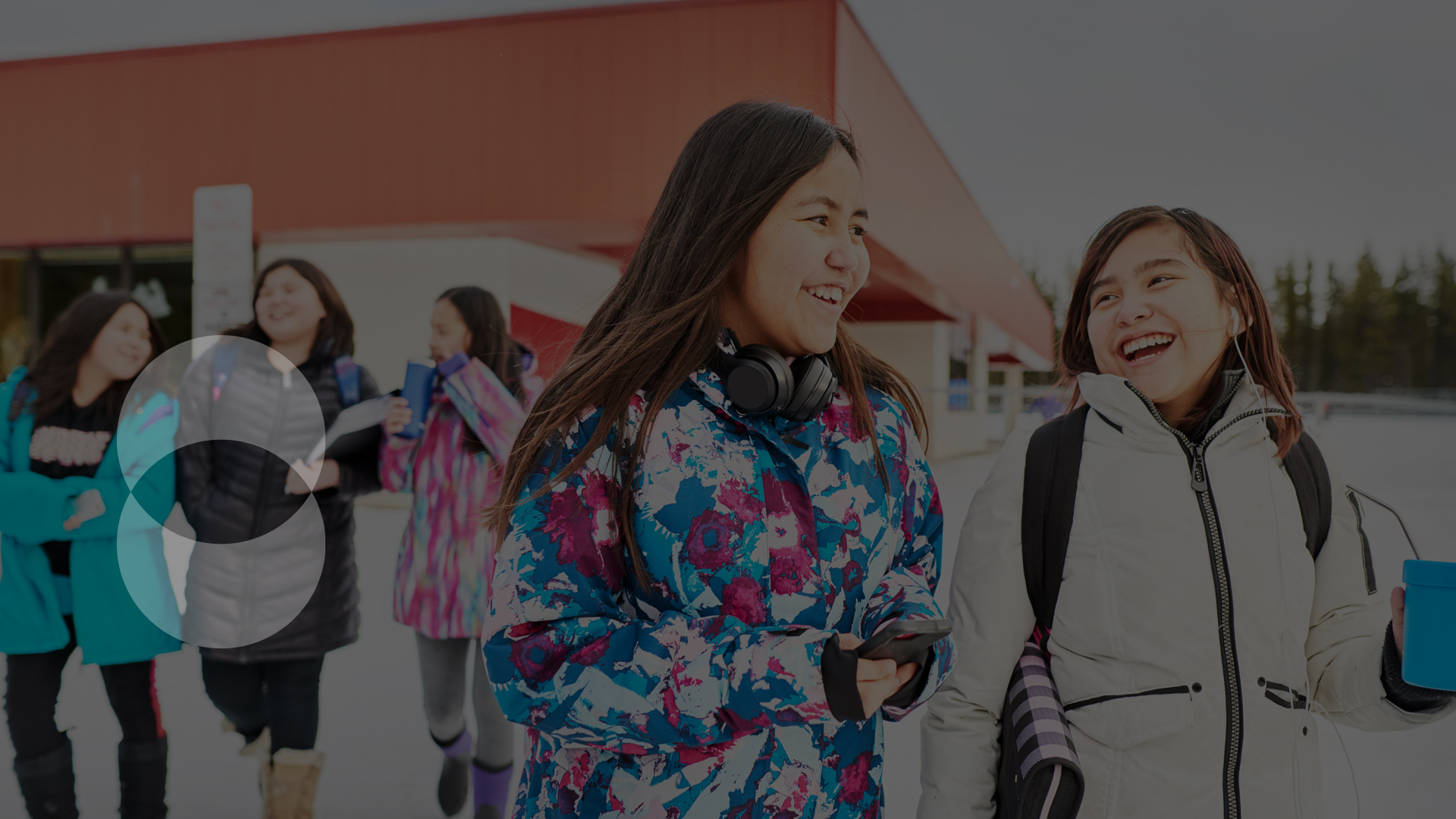
Twin Efforts
Opportunities for Collaboration in Indigenous Post-Secondary Education

Français • December 7, 2020
Indigenous Institutes play an essential role in helping Indigenous peoples—Canada’s fastest-growing population—prepare for the labour market. And they bring a distinctly Indigenous lens to higher education.
Publicly funded colleges and universities have heard the Truth and Reconciliation Commission (TRC)’s Calls to Action. Many are looking for ways to support Indigenous learners and provide culturally safe spaces for learning and research.
How can they work together?

What is an Indigenous Institute?
Many Indigenous communities across Canada mandate, govern, and control their own post-secondary institutions. These Indigenous Institutes support lifelong learning as defined by Indigenous peoples. And they offer education grounded in Indigenous languages, pedagogies, cultures, and worldviews.
Examples of Indigenous Institutes include:
- Nicola Valley Institute of Technology, BC
- Red Crow Community College, AB
- Louis Riel Institute, MB
- Six Nations Polytechnic, ON
- Pirurvik Centre, NU
A unique way to learn
Indigenous Institutes take a wholistic approach to education. They assert Indigenous rights and support nation-building while revitalizing language and culture.
In 2020, there were at least 79 Indigenous-controlled post-secondary education (PSE) programs and institutions across Canada.
Indigenous Institutes:
- deliver short courses, certificates, and sometimes diplomas and degrees that meet community labour market needs
- provide both conventional and culturally specific programs, in topics as diverse as public administration, aviation, and languages
- can serve as few as 25 students a year, or as many as several thousand
- are often located in rural or remote communities
- respond quickly to changing education and training needs
- make the most of limited resources
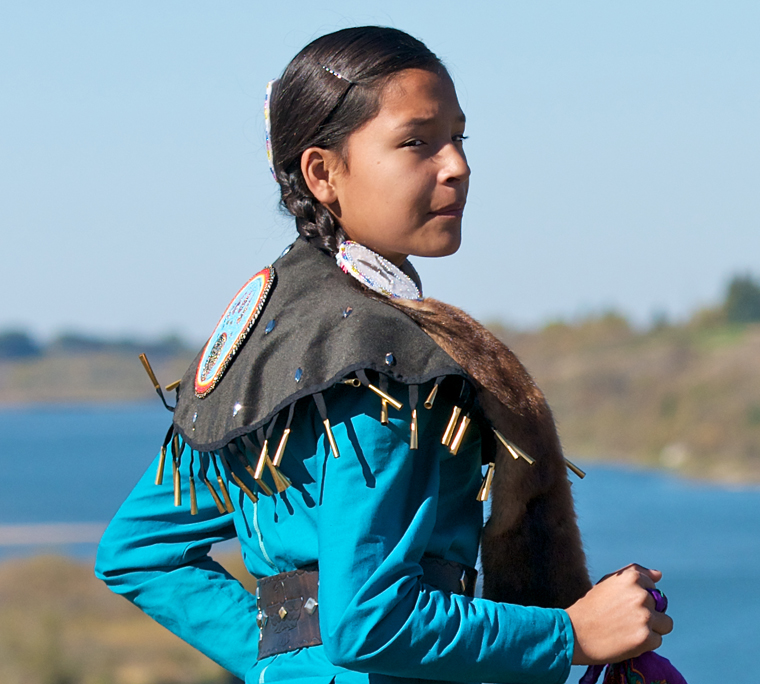
The Indigenous advantage
For First Nations, Inuit, and Métis learners, Indigenous Institutes offer:
- High-quality education and accreditation in their community
- Indigenous content in program and course work
- Preservation and promotion of knowledge, languages, and cultures
- Indigenous peer-to-peer learning
- Indigenous role models in the classroom
- Wraparound services to help students succeed—including mentorship, social supports, and life skills courses
According to Indspire, Indigenous students who attend Indigenous post-secondary institutions report feeling more positive about their PSE experience than those attending mainstream institutions.
Why collaborate?
Indigenous Institutes are expanding the value they offer their students through collaboration with mainstream PSE providers. And PSE institutions find benefits in return.
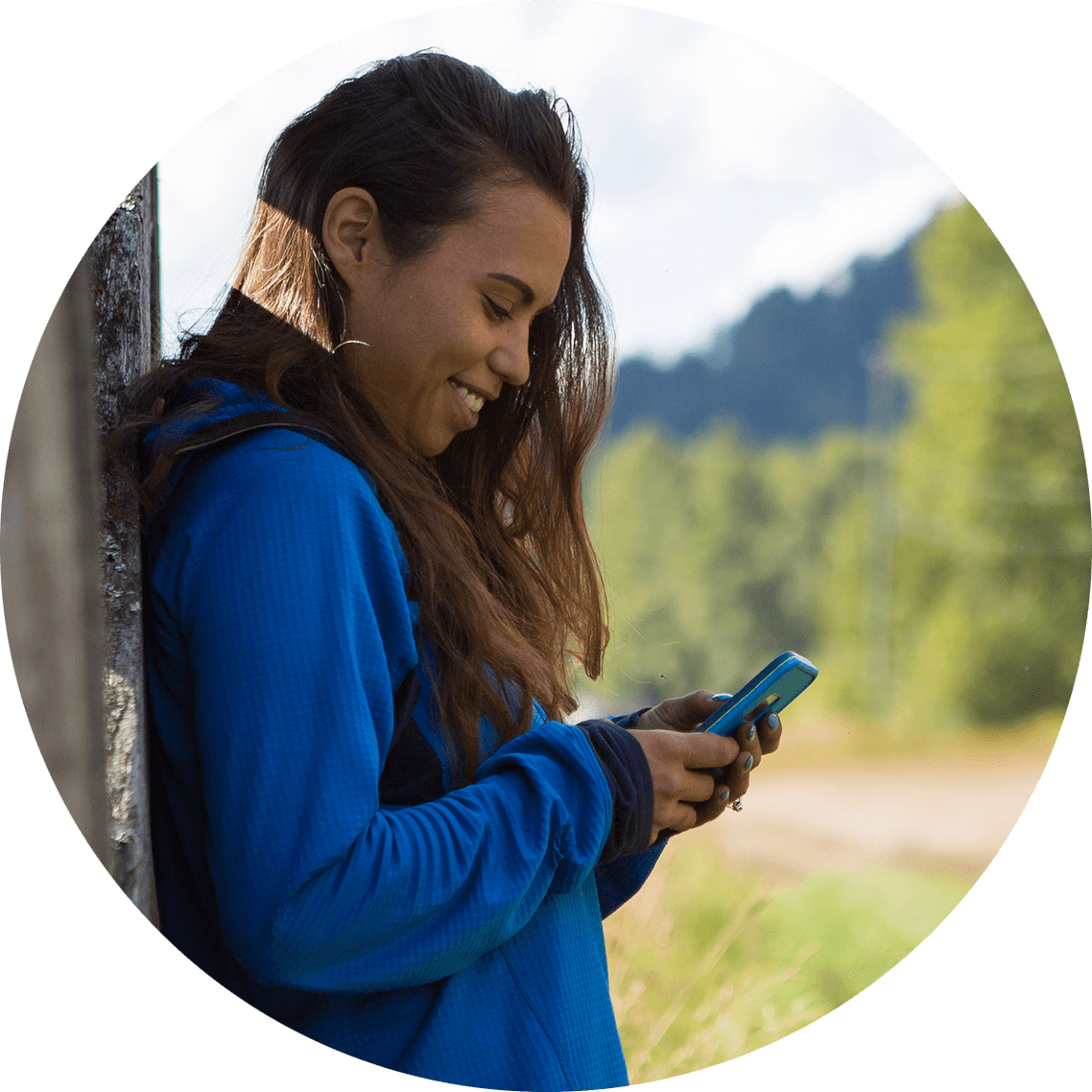
Benefits for Indigenous Institutes
- increase the range and variety of courses offered in community
- accredit programs and make credits transferable
- share the cost of program delivery, share local knowledge, values, and teaching practices with mainstream institutions
- learn from experts in mainstream PSE
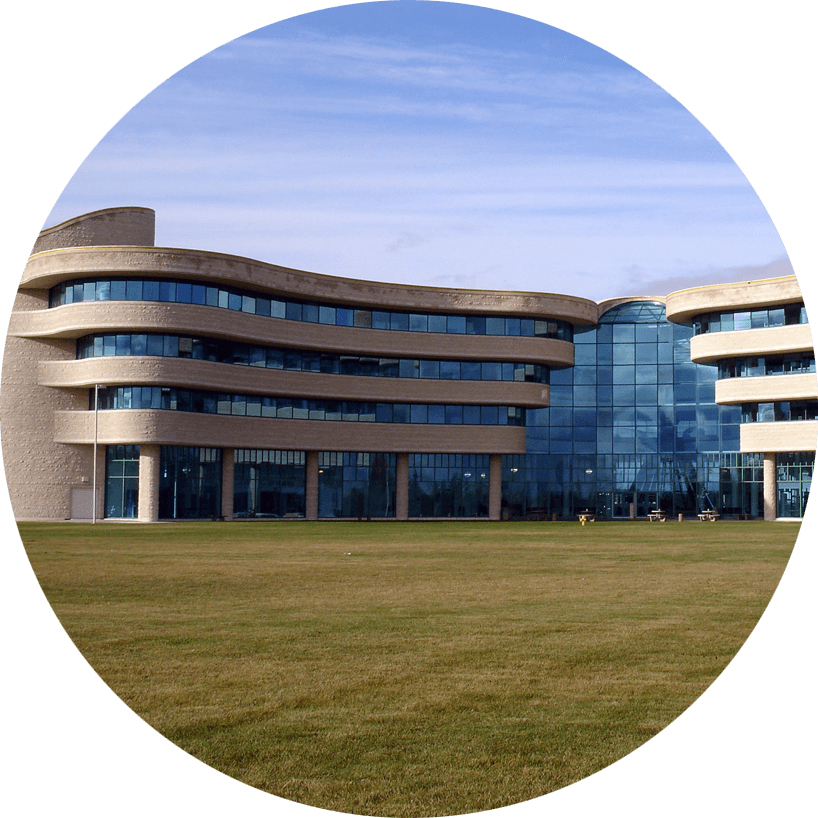
Benefits for mainstream PSE institutions
- learn from Institutes’ extensive experience in serving Indigenous students
- learn from experts in Indigenous subject matter, program development, knowledge, language, and culture
- expose staff and students to Indigenous perspectives and worldviews
- help close educational gaps for Indigenous learners
- expand course offerings for all students
- help meet goals for Indigenous enrollment
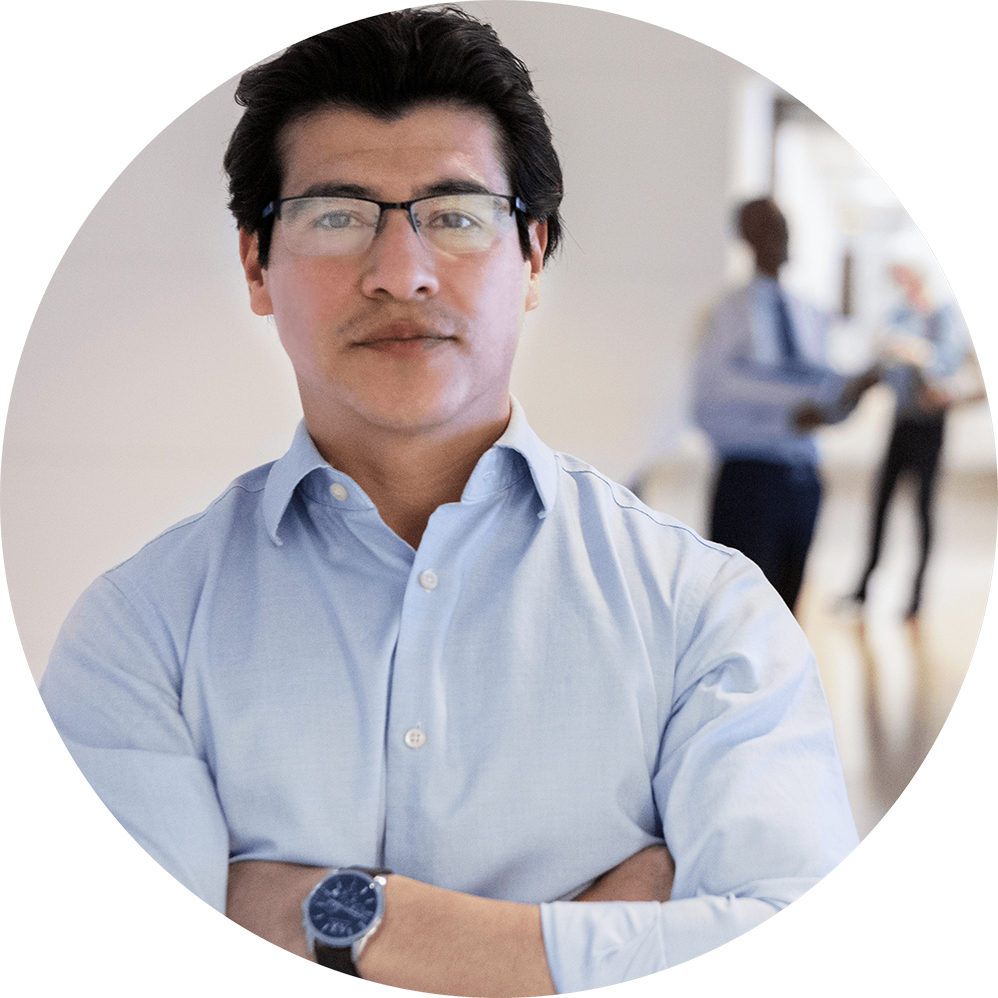
Joint benefits
- increased enrollment
- joint course development
- opportunities for faculty to learn
- help Indigenous students transition into mainstream PSE
- work toward TRC’s Call to Action 16 to create programs in Aboriginal languages
Collaboration takes many forms
Options for formalizing partnerships range from short-term and practical to permanent and profound.

Articulation or transfer agreement
Kiuna College in Odanak, Quebec, partnered with Dawson College in Montréal and the Cégep de l’Abitibi-Témiscamingue to align specific courses and programs. They created a unique college diploma in Indigenous Cinema, which is recognized by the Ministère de l’Éducation et Enseignement supérieur (MÉES). Students who complete this program can transfer their credits to mainstream PSE schools in Quebec. Transfer agreements like this may increase Indigenous student retention rates.
Five Indigenous Institutes in Alberta are part of the Alberta Council on Admission and Transfers (ACAT). ACAT is an arm’s-length entity accountable to the Government of Alberta. ACAT helps students to transfer credits and have prior experience recognized at 41 Alberta PSE institutions.
Memorandum of understanding (MOU)
Nicola Valley Institute of Technology (NVIT), B.C.’s Indigenous public post-secondary Institute, signed an MOU with Royal Roads University in 2019 to “explore how the institutions can work together to benefit students’ learning.” The five-year, non-binding agreement lays out a broad path for future collaboration. It covers research, academic programs, and student and faculty exchanges. Royal Roads will benefit from NVIT’s experience serving Indigenous students and communities. NVIT expects to learn more about Royal Roads’ online learning tools.
Affiliation agreement
In 2019, the Gabriel Dumont Institute of Native Studies and Applied Research (GDI) in Saskatchewan signed a formal affiliation agreement with the University of Regina. The legally binding agreement creates a framework at the institutional level. Under the agreement, the university senate will recognize and accredit programs delivered by GDI. The agreement also supports the joint development of education programs for Métis students in Saskatchewan.
The Nunavut Sivuniksavut (NS) Inuit leadership program in Ottawa has been affiliated with Algonquin College since 1985. Its affiliation agreement allows NS to operate independently and develop its own curriculum. The college formally accredits NS curricula and NS graduates receive Algonquin certificates. Algonquin enrolls NS learners as college students and NS staff are college employees.
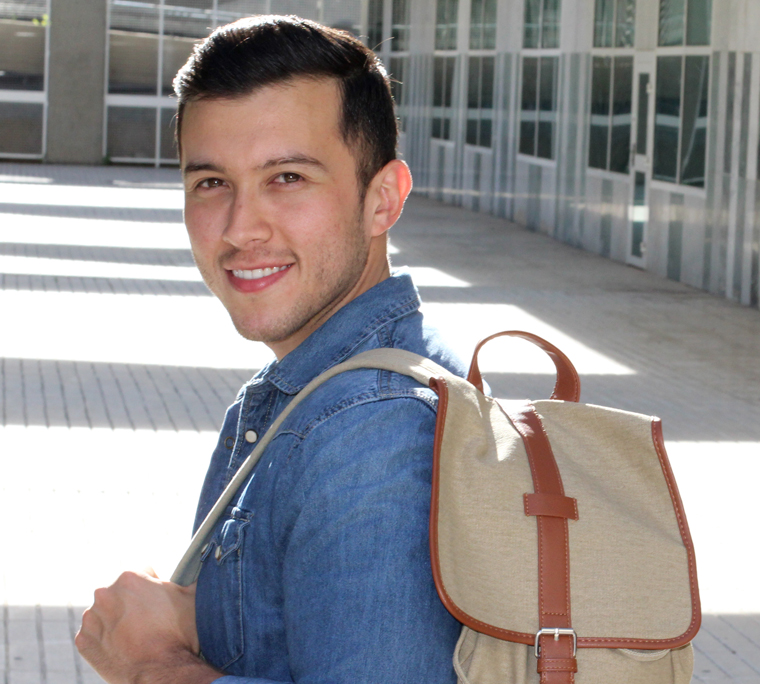
Regional collaboration
Mohawk College, an Ontario community college, leads the Bundled Arrows Initiative. The initiative is a partnership between eight educational institutions in Southern Ontario. One member is Six Nations Polytechnic, an Indigenous Institute. The institutions have a Regional Indigenous Education Plan to eliminate competition for students. Together, they are creating multiple pathways and transition programs to address disparities in education and employment around Canada’s most populous First Nations reserve.
Federation agreement
A federation agreement in 1976 between the Federation of Saskatchewan Indian Nations (now the Federation of Sovereign Indigenous Nations) and the University of Regina (UR) created the First Nations University of Canada (FNUniv). This structured partnership created a financially independent and self-administered university. FNUniv serves the academic, cultural, and spiritual needs of First Nations students. FNUniv’s courses are accredited and degrees are conferred by UR. Students can complete their degrees with courses taken from either university.
Covenant agreement
The 2006 Shingwauk-Algoma Covenant is an agreement between Shingwauk Kinoomaage Gamig and Algoma University in Ontario. Both parties agreed to work together, in principle and practice, “to provide quality education to Anishinaabe students and students of all cultural backgrounds. They will support each other in the spirit of peace, friendship and respect, never interfering in the other’s approach to teaching and learning.” The Covenant represents a permanent commitment to intercultural scholarship and academic alliance between the two institutions.
Considering the choices

There are many ways that Institutes and mainstream PSE institutions can formalize collaboration. Finding the right approach and partnership is a step toward ensuring that your PSE institution is helping Indigenous learners get the higher education that can lead to a good job.
Some questions for publicly funded PSE to ask when considering options:
Groundwork
Have you done your homework? Learn about the Indigenous community you want to partner with.
Do you know what agreements your institution already has? Some PSE institutions are only beginning to assemble the information on their many existing connections with Indigenous communities and their Institutes. Others have clear formal relationships. Partnerships may exist at the level of the institution, the faculty, or an individual academic.
Mainstream PSE institutions are large and complex. Is there a centralized office that Indigenous Institutes can work through to begin formalizing relationships?

Relationship-building
Do you know who in the local Indigenous community is working on connecting education with prosperity? Partnerships require long-term, mutually beneficial relationships built on trust.
How formal is too formal? How will you balance the advantages of an official institutional partnership with the need to maintain authentic relationships between individuals and communities? Will a formal agreement interfere with the spontaneous interaction that drives creativity?
Relationships often begin with Indigenous faculty reaching out to their communities. Can those existing relationships provide a foundation for institutional collaboration?
Envisioning collaboration
What are the mandates, visions, and strategic plans of your own institution’s Indigenous departments, access programs, and associations? And what are the visions of the local indigenous community or communities that may wish to collaborate? How can you reconcile them? A partnership needs a joint vision for working together and agreement on long-term cooperation.
How are other PSE institutions in your region working with Indigenous learners? Could a multi-party partnership improve collaboration for the benefit of all?
Through tailored collaboration, mainstream PSE institutions and Indigenous Institutes are finding ways to increase value for students while building on unique strengths.
Collaboration is also a practical approach to reconciliation. It expands options for Indigenous learners to access higher education and move into the labour market.
Join the discussion. We want to hear your perspective.
Access our Future Skills Centre research projects here.
FSC partners
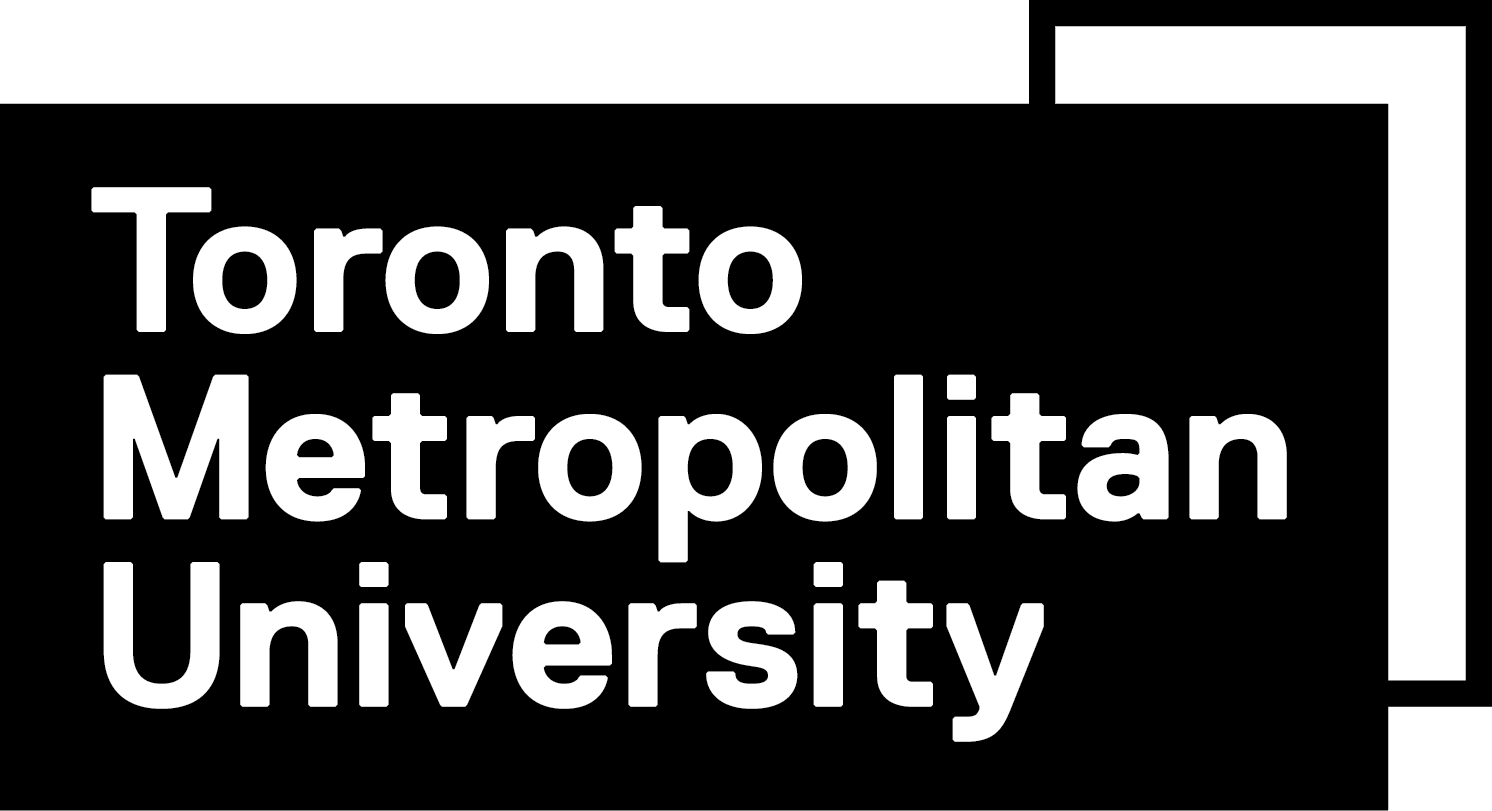



The responsibility for the findings and conclusions of this research rests entirely with The Conference Board of Canada.

